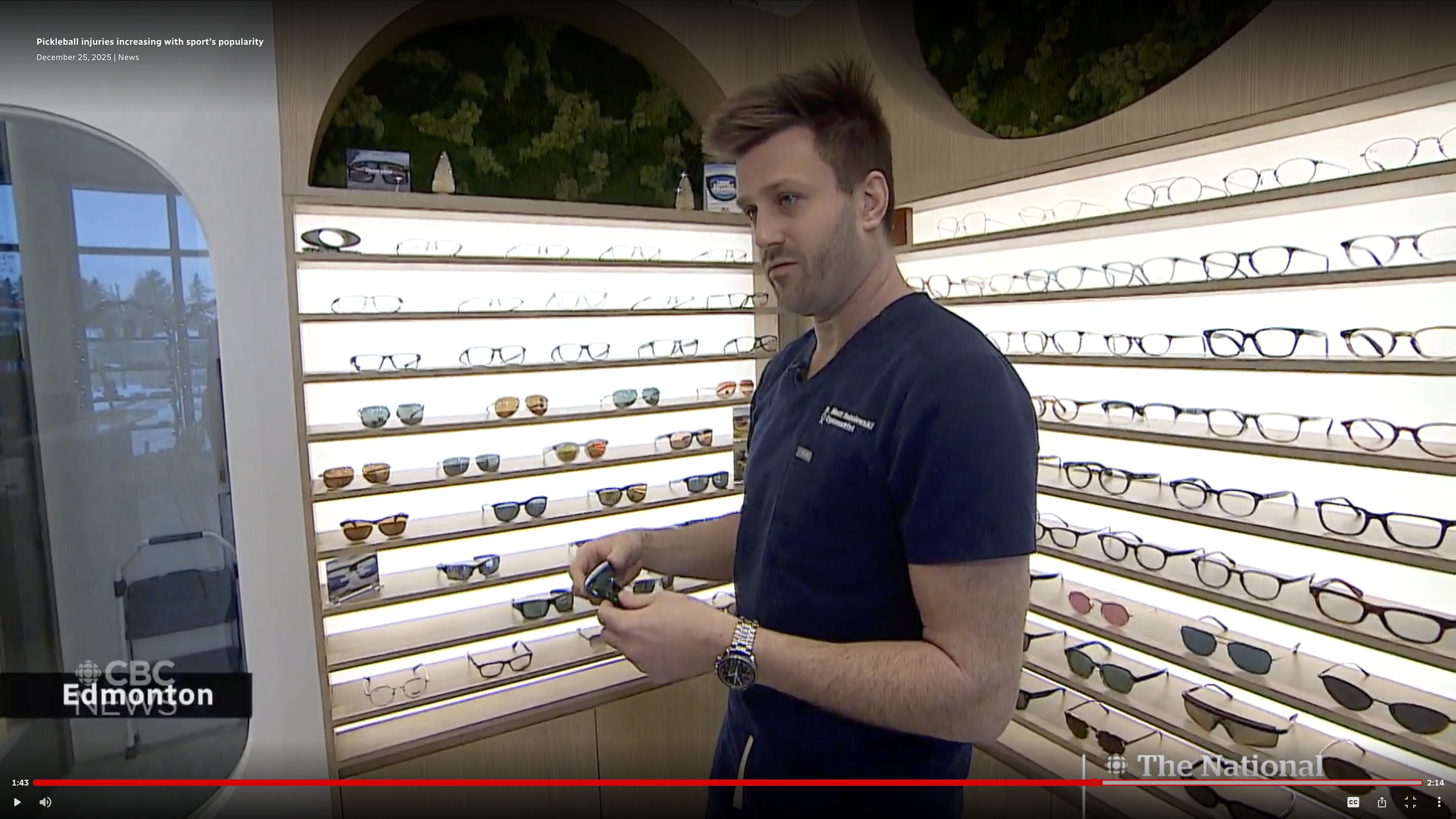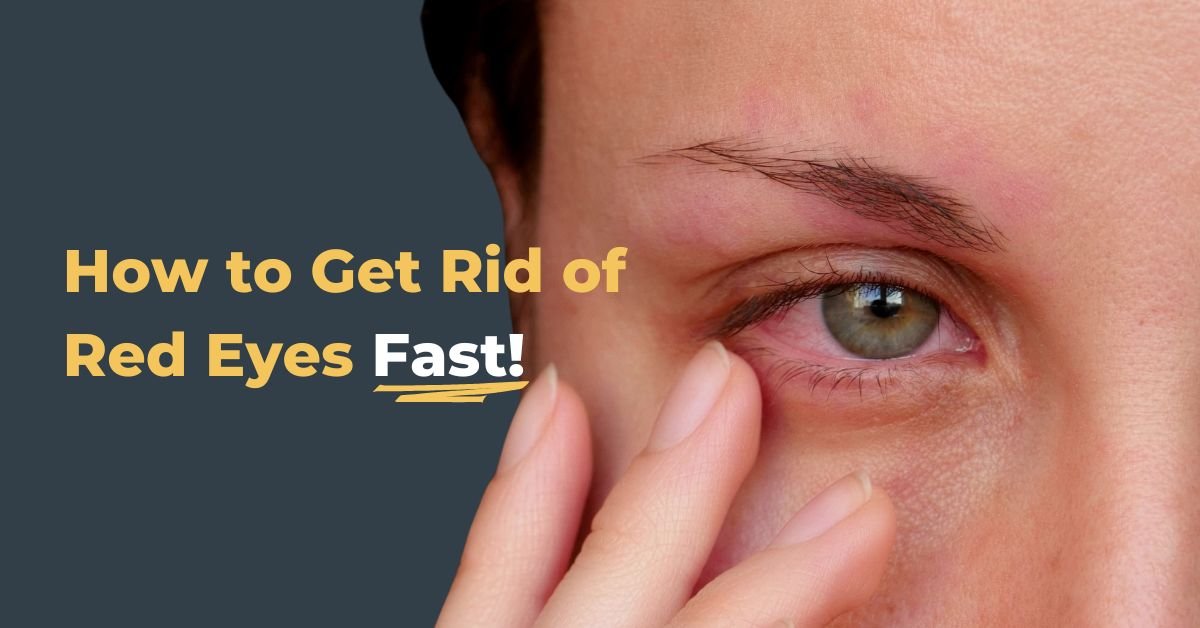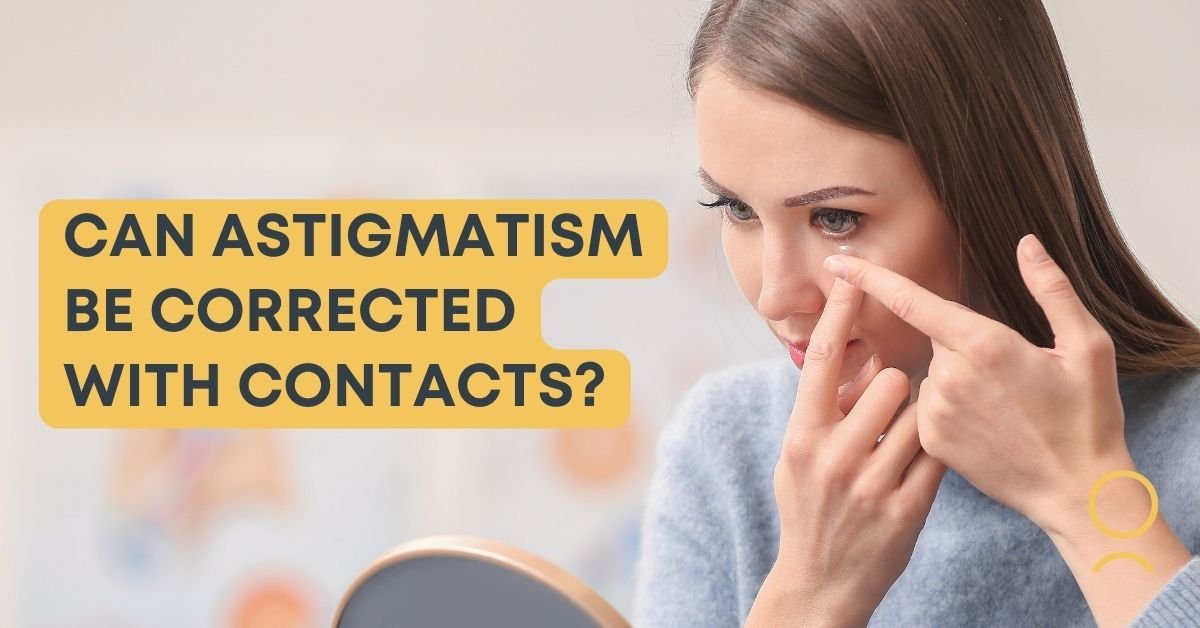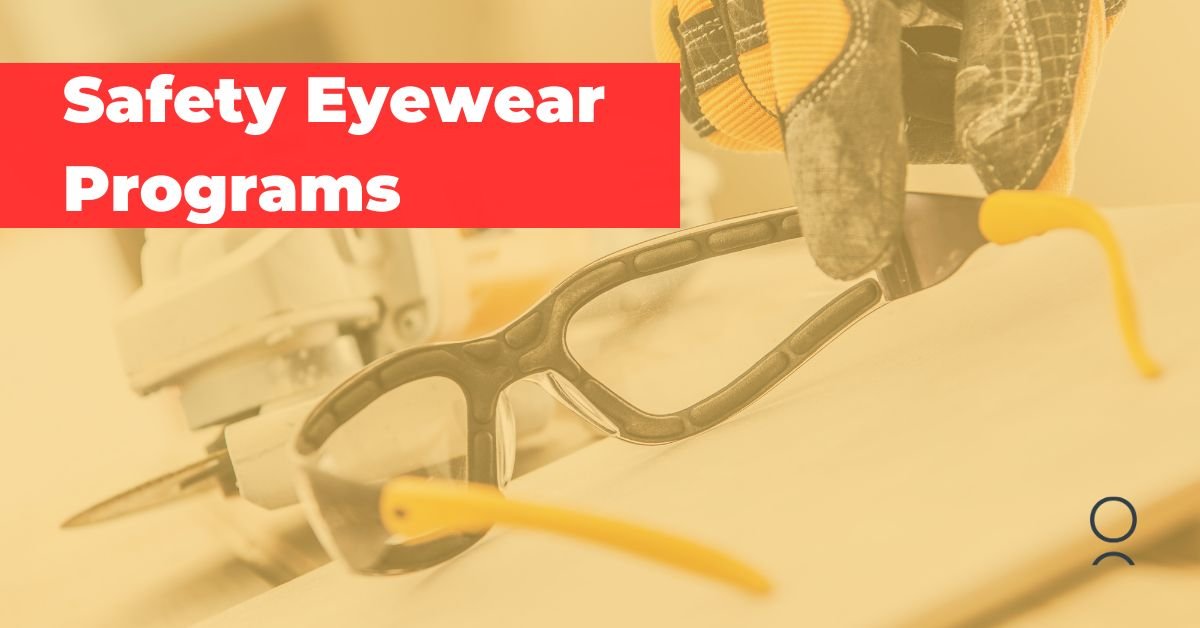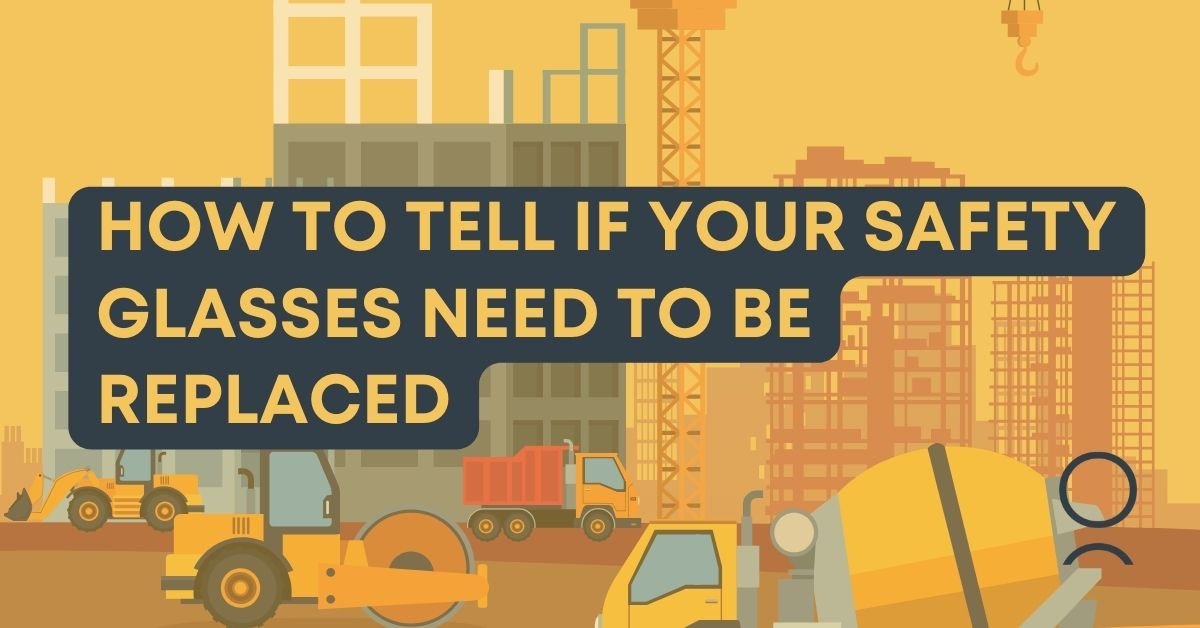Do Contact Lenses Expire?
Have you ever looked at an old pair of contact lenses and wondered if they were safe to put in your eyes? You might have even noticed the expiration dates printed on the packaging and questioned whether they were applicable to you.
It's a question that many contact lens wearers ask but may be too embarrassed to ask their optometrist: do contact lenses expire?
The answer, in short, is yes. Contact lenses have a shelf life like any other medical device and will eventually expire. In this blog post, we'll look at why contact lenses expire and what you can do to ensure you're using them safely.
First, When Do My Contact Lenses Expire?
You can easily find your contact lens expiration dates on the back of the retail packaging, or you can also find them on the individual contact lens packages themselves.
But, I mean, what happens after that date?
Usually, when we think about expiration dates, we think about grocery items like fruit, meat and milk. We don't think about material products like contact lenses going bad. I mean, your sealed contact lenses aren't going to start smelling or rotting away.
So what's the problem with wearing an expired contact lens?
There are two primary reasons why contact lenses have expiration dates.
The manufacturer can no longer guarantee the contact lenses are safe to wear as the seal used on the packaging may degrade and become damaged. This can lead to contamination of the solution they're stored in and result in bacteria, viruses, fungi and amoeba growing within the lens, which could lead to a severe eye infection.
The contact lens solution they are stored in can also go bad and become more acidic or alkaline. This unstable PH can cause an infection or corneal irritation and lens discomfort.
That risk, however small it may be, should be enough of a reason to heed the contact lens expiration date. Even if the seal seems intact, there may be damage you can't see.
Instead of wearing expired contact lenses, call your optometrist to place a new order and ask for a pair of trial lenses to hold you over while you wait for your new lenses to arrive.
Wait, Can't I Just Clean My Expired Contact Lenses?
What if you just clean your expired contact lenses before putting them in your eyes? I mean, it's a contact lens cleaning solution, so that should work.
Absolutely not.
Contact lens solutions are bacterial static vs bacterial cidal. Contact lens solutions help to control the current level of contamination in a lens instead of providing complete sterilization. This is why your optometrist always tells you to discard your contact lenses when you develop an eye infection like pink eye. Contact lens solution cannot kill the bacteria or viruses trapped in the lens material.
To further highlight this point, this is why contact lenses have a 2-week or 1-month expiration date, as this is when the contamination levels have reached a point where the likelihood of developing an eye infection is between 4-5%.
What If I Really Scrub Them?
The best way to think of your contact lenses is to think of them like the sponge you clean your pots and pans with. They have a hard external surface (obviously not as rough) that allows the lens to comfortably sit on your eye with a soft central sponge-like core.
Contact lenses look the same; they're just at a more microscopic level. The bacteria, and fungi, although not visible, slowly build up within the lens and on the surface of the lens.
Even if you could scrub the surface clean, the bacteria, fungi or amoeba growing within the central matrix of the lens would still be present and could lead to an eye infection.
So You Put Your Expired Contact Lens In, and Now Your Eye Hurts.
If you're only reading this blog because you already put your expired contact lens in, it's because your eye is probably feeling sore and irritated. You're wondering if you did any permanent damage.
The most common reactions we see from wearing an expired contact lens include allergic reactions, dry eye symptoms, ocular inflammation or redness, hazy vision, and of course, eye infections.
If you've already put the lens in and you're now having second thoughts, the best thing you can do is remove the expired contact lens and book yourself into our office for an emergency eye exam. Our eye doctors can evaluate the surface of your eye and eyelids for signs of any damage and can prescribe the appropriate treatment recommendations.
Conclusion.
So to summarize everything. Yes, contact lenses expire, and you must never wear old expired contact lenses. It's honestly just cheaper and less of a hassle to call us, and we can set you up with some free trial lenses while we wait for your new lenses to arrive. Getting a red, irritated eye to save a couple of bucks is not worth it. The lost time from work and life, not to mention the cost of all the eye drops required to treat the problem, doesn't make it worth it.







